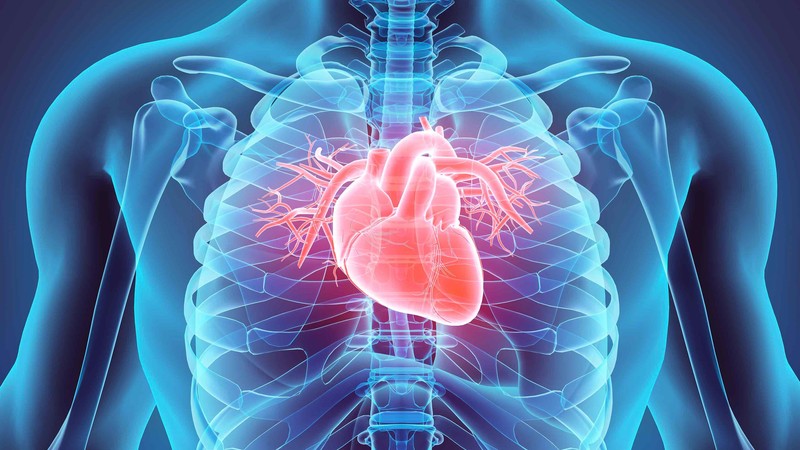Stem Cell Therapy for Atherosclerosis: Promising Advances

Atherosclerosis is a chronic condition. It is characterized by plaque buildup in arterial walls. The issue causes most heart disease and stroke worldwide. There have been advances in established therapy. But scientists are exploring new ways to treat this prevalent ailment. One promising option is stem cell therapy. Therefore, this essay will examine the exciting subject of stem cell therapy for atherosclerosis and the promising advances in cardiovascular medicine.
Recognizing Hypercholesterolemia
Cholesterol, inflammatory cells, and cellular debris build up. They get stored in artery walls in atherosclerosis. Secondly, this causes atherosclerotic plaques to form. This may block blood flow and cause cardiovascular difficulties. Traditional treatments for Atherosclerosis include medication. It also includes lifestyle modifications, and surgery. Then again, these treatments may not always prevent or treat vascular injury.
The Potential of Tissue-Selective Medicine
Stem cell therapy for atherosclerosis is novel. Secondly, stem cells can regenerate, repair, and stimulate healthy endothelial cell growth in blood vessels. Therefore, Researchers hope to employ stem cells’ regeneration to mend damaged vasculature and postpone atherosclerosis.
Types of Stem Cells
Many stem cell types are being researched for atherosclerosis treatment:
Membrane-Stem Cells
MSCs may reduce inflammation, heal tissue, and improve blood vessel function. Secondly, they usually come from bone marrow or fat.
Induced pluripotent stem cells
Adult iPSC cells may be reprogrammed. It can become endothelial cells and others. They may repair vascular tissue.
Natural endothelial progenitor cells (EPCs) help regenerate and mend blood arteries. Therefore, scholars are studying ways to improve their therapeutic potential.
Boosting Stem Cell Performance
Researchers are taking various steps to improve stem cell therapy for atherosclerosis:
Genetic Modification
Altering stem cells’ gene or protein expression may help them renew and repair blood vessels.
Exosomes -Based Therapy
Stem cells produce exosomes. Therefore, it contains bioactive substances that reduce inflammation and assist tissue repair. Researchers are studying exosomes as a less invasive stem cell transplantation alternative.
Combined Treatments
Combining stem cell treatment with drug-eluting stents or biomaterial scaffolds may optimize therapeutic advantages and manage atherosclerosis holistically.
Clinical Trials with Positive Results
Numerous preclinical and early-stage clinical trials demonstrate stem cell therapy for atherosclerosis has potential. In brief, these studies showed enhanced blood vessel function, vascular repair, and plaque reduction. First results are encouraging, but more research is needed to prove long-term safety and efficacy.
Obstacles and Considerations
Despite stem cell therapy’s promise, some difficulties are there:
Safety Concerns
Prioritizing stem cell therapy safety research and clinical applications, including limiting immunological reactions and uncontrollably developing cells, is crucial.
Moral Decisions
Embryonic stem cells raise moral and legal difficulties.
Harmonization
Stem cell distribution, growth, and isolation must be standardized to ensure consistency and reproducibility.
Individualized Methods
In short, customizing stem cell treatment for each patient’s condition and genetic profile is difficult and requires improvement.
The Future of Atherosclerosis Treatment
In brief, stem cell therapy for atherosclerosis is becoming clear as a promising cardiovascular medicine treatment. Stem cells and their metabolites may reduce inflammation, repair blood vessels, and postpone atherosclerosis. Finally, clinical investigations and a greater understanding of the mechanisms involved may make stem cell therapy a viable weapon against atherosclerosis and its devastating repercussions.
Conclusion
Atherosclerosis remains a major cardiovascular concern, but stem cell treatment seems promising. Because stem cells may regenerate healthy endothelium cells, reduce inflammation, and repair damaged blood vessels, they give hope to patients with this prevalent condition. Despite challenges and unsolved problems, stem cell treatment for atherosclerosis research and clinical trials are shaping cardiovascular medicine.







